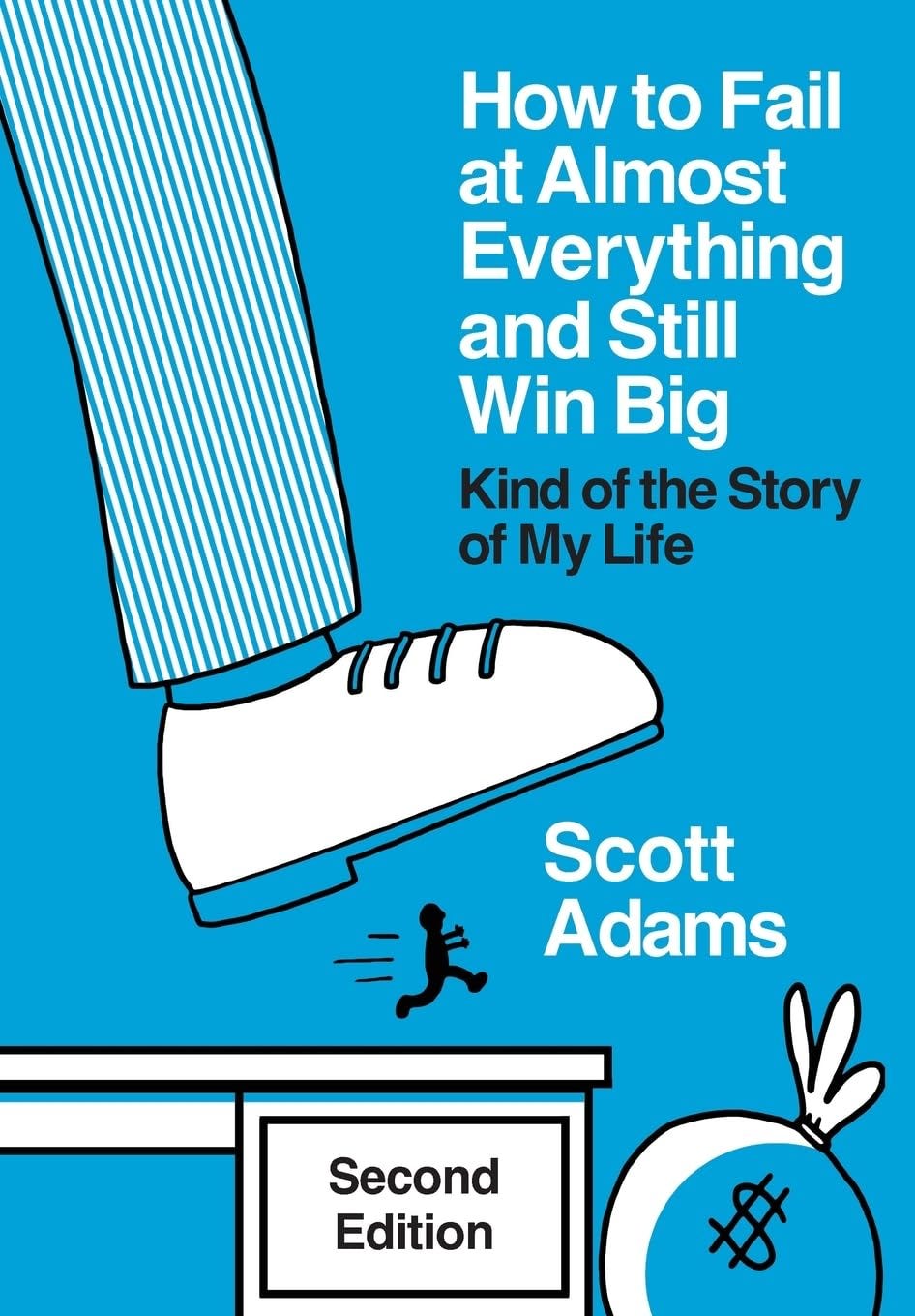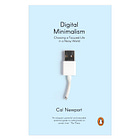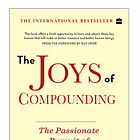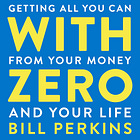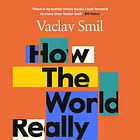Scott Adams' How to Fail at Almost Everything and Still Win Big offers a counterintuitive approach to success, arguing that strategic failure and systems thinking matter more than passion, goals, or natural talent. The creator of the Dilbert comic strip shares his unconventional journey from corporate drone to multimillionaire cartoonist, revealing how his numerous failures became stepping stones to unexpected success.
Adams begins by challenging the traditional success narrative that emphasizes passion and perseverance. He describes his own lack of natural artistic talent, noting that his drawing skills were mediocre at best when he started Dilbert. What he possessed instead was a unique combination of mediocre skills: average drawing ability, decent writing skills, and deep knowledge of corporate dysfunction from years working in offices. This "talent stack" created something more valuable than excellence in any single area.
The book advocates for systems over goals, a philosophy Adams discovered through his own experience. Rather than setting the goal of becoming a successful cartoonist, he created a system of drawing every day and submitting work to publishers. Goals, he argues, create a cycle of temporary failure followed by brief success, while systems provide ongoing satisfaction and continuous improvement. He illustrates this with his fitness routine: instead of setting weight loss goals, he developed a system of exercising regularly, which naturally led to better health.
Adams shares his catalog of failures with refreshing honesty. He failed as a banker, struggled in various corporate jobs, launched unsuccessful businesses including a restaurant that quickly went bankrupt, and created numerous products that never found markets. However, each failure taught valuable lessons and provided skills that eventually contributed to his success. His banking experience taught him about business fundamentals, corporate work provided material for Dilbert, and entrepreneurial failures showed him what didn't work.
The author introduces the concept of "selfish" decision-making, arguing that taking care of yourself first enables you to help others more effectively. This isn't about being callous but recognizing that personal energy and health are finite resources. Adams emphasizes the importance of understanding probability and psychology over specific expertise. He describes how studying persuasion techniques helped him in business negotiations, relationships.
The book reveals Adams' approach to managing energy rather than time. He noticed that his creative energy peaked at certain times of day and scheduled his most important work accordingly. Morning writing sessions produced Dilbert strips, while administrative tasks were relegated to lower-energy afternoon periods. This energy management proved more valuable than traditional time management techniques.
Adams discusses his experience with what he calls "managed luck"—positioning yourself to benefit when good fortune strikes. He describes how creating Dilbert required not just drawing talent but being in the right place when newspapers were looking for workplace-themed comics. By consistently producing work and submitting it widely, he increased his chances of being discovered when opportunity arose.
The author shares his philosophy of "failing forward," treating each setback as market research for future attempts. When his restaurant failed, Adams learned valuable lessons about location, customer service, and cash flow that informed later business ventures. Rather than viewing failures as dead ends, he treated them as expensive but effective education.
The book concludes with Adams' observation that success often comes from being adequate at many skills rather than exceptional at one. His combination of moderate artistic ability, understanding of workplace dynamics, business knowledge, and persistence created something unique in the marketplace. This "talent stack" approach, he argues, offers more reliable paths to success than pursuing singular excellence in competitive fields.
How to Fail at Almost Everything and Still Win Big has been called The World's Most Influential Book on Personal Success. It ultimately reframes failure as a necessary component of success rather than its opposite, suggesting that those willing to fail frequently and learn systematically will eventually discover winning combinations that others miss.
Get the book : USA | India | UK
This book is part of The Scott Adams Success Series which also includes Loserthink and Reframe your Brain
Check out the previous books we’ve covered:


